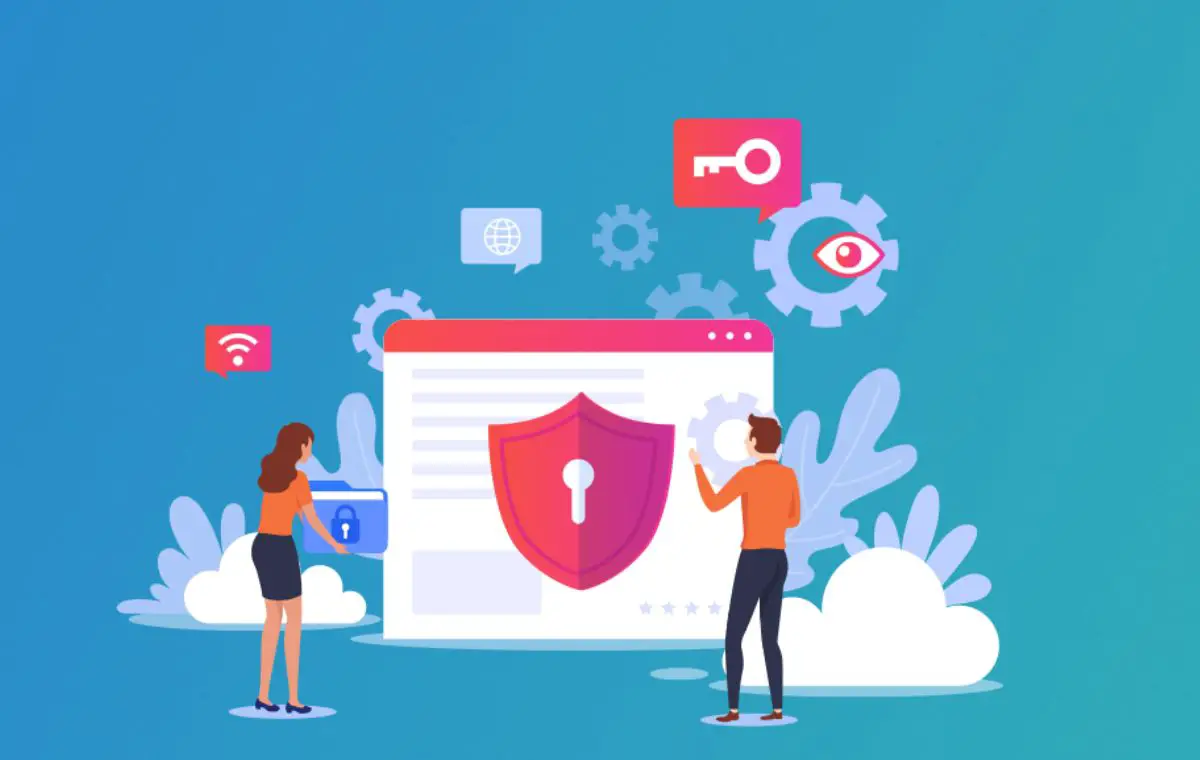You probably know that there are risks when using any website or application. Your personal information could be compromised in a security breach and you may be at risk of identity theft as a result.
Every year, 71.1 million people are victims of cybercrime. Because so many people have experienced these problems, it’s natural to be wary of them. However, there are ways to protect yourself from these digital risks.
This article will discuss some useful tips on how you can avoid security breaches when using websites or apps.
Use strong passwords
One of the most important things you can do to protect yourself from security breaches is to change your passwords regularly. Many breaches occur when someone has stolen the login details for an account, such as your email account, social media account, or even an online bank account. If someone knows your password, they can log into your account at any time and your personal information is at risk.
In addition to changing your password regularly, you should also avoid using personal information such as your nickname as a password. This type of information may be available to the public and can be easily stolen. If you’re having trouble finding a password, you can try using password manager apps. This type of software can usually generate passwords for you and store them securely, so you’ll always have strong passwords for all your accounts.
Do not click on links you are not sure of
Always be careful with links. If you receive a link via email or social media post, don’t click on it right away. Hover over the link to see where it takes you and if it matches the sites you use regularly. If you don’t know where the link leads, don’t click on it.
The same goes for links that come from even a trusted source. If you’re not sure where it’s going, avoid clicking it, or you can use a service like VirusTotal or Sucuri to scan it and see where it leads.
Use a VPN
Using a virtual private network (VPN) can help protect your privacy from identity thieves and hackers when you connect to public Wi-Fi networks. A VPN encrypts all the data you send over a public network, which means that others can’t see what websites you’re visiting or what kind of data you’re transferring.
VPNs also often have additional security features to help prevent data breaches, such as malware blocking and an automatic kill switch. A VPN will help keep your data safe and protect you from identity thieves.
Get started with cloud storage
A smart strategy to protect your data against cyber attacks is to use secure cloud storage services. You can keep your files in secure storage and access them from any location with an Internet connection. In addition to secure storage, cloud storage can be used for a variety of other purposes.
For example, it is useful for backing up your data. Cloud storage is also a great way to share files with others. You can upload files to the cloud and then send them to others via email or through cloud storage/file sharing providers.
Plus, if hackers still gain access to your files, steal and delete your data, or your computer accidentally crashes, your data will still be available through your cloud storage thanks to automatic backups.
Conclusion
This quick guide should help you start browsing the web more securely and get the most out of your online experience. Remember: if something doesn’t feel right, it probably isn’t. Your identity and privacy are more important than any purchase or interaction with a site or application.
Recommended Offers
[content-egg module=AmazonNoApi template=list]
Subscribe to our latest newsletter
To read our exclusive content, sign up now. $5/month, $50/year
Categories: Technology
Source: vtt.edu.vn
